The Works of John Newton
Out of stock
| Weight | 3.87 kg |
|---|---|
| Dimensions | 22.3 × 14.3 × 18.2 cm |
| ISBN | 9781848715110 |
| Binding | Cloth-bound |
| format | Book |
| page-count | 3032 |
| topic | Christian Living |
| Original Pub Date | 1850-1853 |
| Banner Pub Date | Apr 20, 2015 |
EndorsementsRead More ↓
‘In few writers are Christian doctrine, experience and practice more happily balanced than in the author of these letters, and few write with more simplicity, piety and force.’ — C. H. SPURGEON
‘What thousands have derived repeated profit and pleasure from the perusal of these utterances of the heart! Nor ever will they cease to be found means of grace whilst God has a church on earth.’ — WILLIAM JAY
‘It was Newton’s goodness rather than his greatness that rendered him so especially attractive—the abundance of the grace of God that was in him. In this respect he was preeminent, justifying the eulogy of William Jay who speaks of him as one of the most perfect instances of the spirit and temper of Christianity he ever knew. Some men excel in one virtue more than another. But Newton’s character was beautiful in its entireness. It rested on a solid foundation — the initial Christian grace of humility, and of this grace he was a most striking example. He never for a moment forgot that by the grace of God he was what he was.’ — JOSIAH BULL
‘Newton’s letters are beautiful, and they’re rich. They are all suffused with biblical wisdom, and gospel grace. They are a graduate course in pastoral ministry.’ — MATT KINGSWOOD
Book Description
When John Newton, ex-sea captain and, as yet, unsuccessful candidate for the Church of England ministry, finished his first book (an autobiography) in 1762 there was no ready publisher. Any thought that he was destined to become one of the best known authors of his age would have been as fantastic as the last 37 years of his life. But in both cases the improbable came about. Becoming curate of Olney, a small village in the south of England, in 1764, Newton there laid his reputation as an evangelical writer, pre-eminently by his published letters and by the Olney Hymns (including ‘How Great the Name of Jesus Sounds, ‘Glorious things of Thee are spoken’ and ‘Amazing grace’). Before the end of his subsequent pastorate at St. Mary Woolnoth, London (1780-1807), his writings were prized around the world from America to Australia.
Newton has a firm place in the classics of Christian literature. While his style is strong and clear, it is the spiritual attractiveness and importance of his main themes which secure the permanent value of his writings. Most of his books came, unpremeditated, out of a need to help his congregation or individual hearers, and it is in practical helpfulness towards Christian living that he excels. If he is loved rather than admired, it is for this reason. Conformity to Christ is the one subject upon which his themes finally focus (‘It will not be a burden to me at the hour of death that I have thought too highly of Jesus, expected too much from Him myself, or laboured too much in commending and setting Him forth to others’). Not surprisingly, Alexander Whyte could write, ‘For myself, I keep John Newton on my selectest shelf of spiritual books: by far the best kind of books in the whole world of books.’
The text of this new four-volume edition of The Works of John Newton has been entirely reformatted, producing a clear and easily navigable set of documents for today’s reader.
Mark Johnston on The Works of John Newton
Review
Table of Contents Expand ↓
| Volume 1 | ||
| Publisher’s Note | ix | |
| Introduction to the 1839 edition | xi | |
| Memoirs of the Rev. John Newton | xvii | |
| An Authentic Narrative of Some Remarkable and Interesting Particulars in the Life of John Newton, in Fourteen Letters | 1 | |
| Cardiphonia; or, the Utterance of the Heart, in the Course of a Real Correspondence Twenty-six Letters to a Nobleman | 303 | |
| Volume 2 | ||
| Cardiphonia (continued) | 1 | |
| Six Discourses, (or Sermons), as Intended for the Pulpit | 101 | |
| Twenty Sermons Preached in the Parish Church of Olney | 174 | |
| A Review of Ecclesiastical History | ||
| book i—of the first period of Christianity | 371 | |
| book ii—of the second period of Christianity | 426 | |
| Olney Hymns | 591 | |
| Volume 3 | ||
| Messiah: Fifty Expository Discourses, on the Series of Scriptural Passages, which Form the Subject of the Celebrated Oratorio of Handel | ||
| Part I | 1 | |
| Part II | 145 | |
| Part III | 329 | |
| Tracts | 439 | |
| Sermons | 539 | |
| Volume 4 | ||
| Letters to a Wife | 1 | |
| Letters Intended as a Sequel to Cardiphonia | 273 | |
| Miscellaneous Papers Extracted from Periodical Publications | 579 | |
| Index | 737 |
More items to consider:

Abortion
Open Your Mouth for the Dumb
Description
EndorsementsRead More ↓ ‘In few writers are Christian doctrine, experience and practice more happily balanced than in the author of these letters, and few write with more simplicity, piety and force.’ — C. H. SPURGEON ‘What thousands have derived repeated profit and pleasure from the perusal of these utterances of the heart! Nor ever will […]
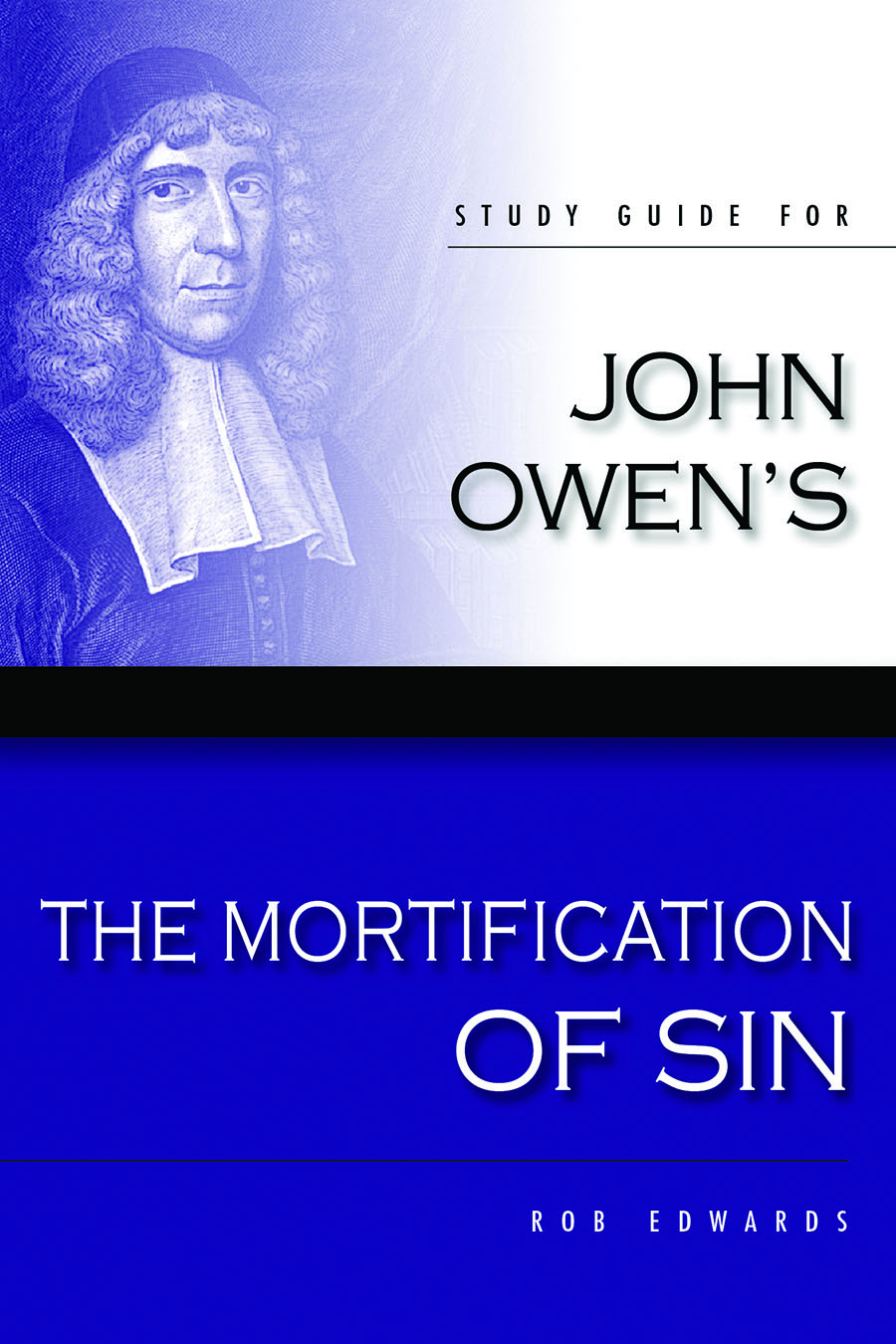
Description
EndorsementsRead More ↓ ‘In few writers are Christian doctrine, experience and practice more happily balanced than in the author of these letters, and few write with more simplicity, piety and force.’ — C. H. SPURGEON ‘What thousands have derived repeated profit and pleasure from the perusal of these utterances of the heart! Nor ever will […]
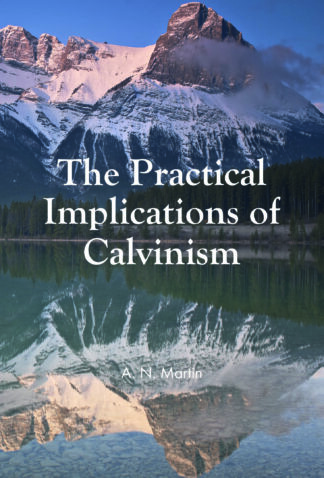
Description
EndorsementsRead More ↓ ‘In few writers are Christian doctrine, experience and practice more happily balanced than in the author of these letters, and few write with more simplicity, piety and force.’ — C. H. SPURGEON ‘What thousands have derived repeated profit and pleasure from the perusal of these utterances of the heart! Nor ever will […]




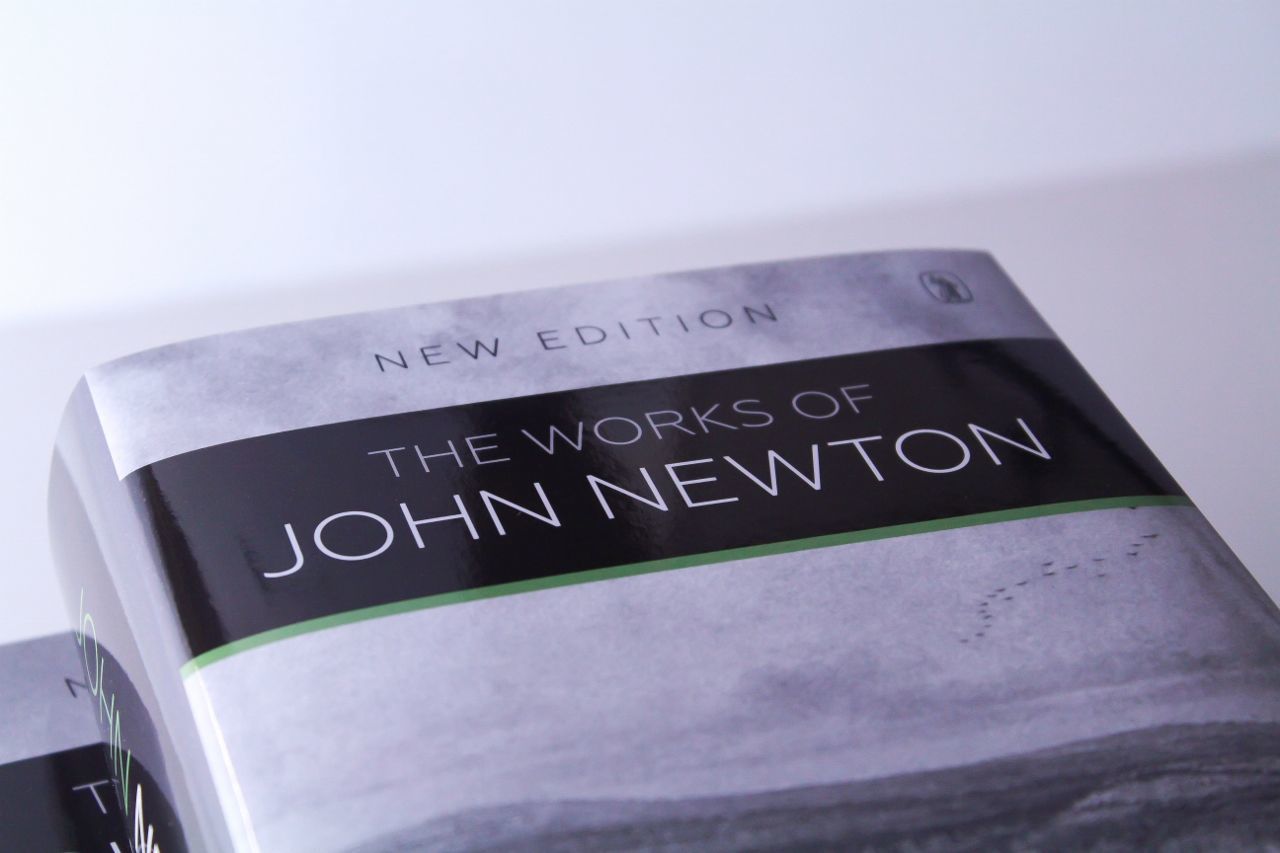


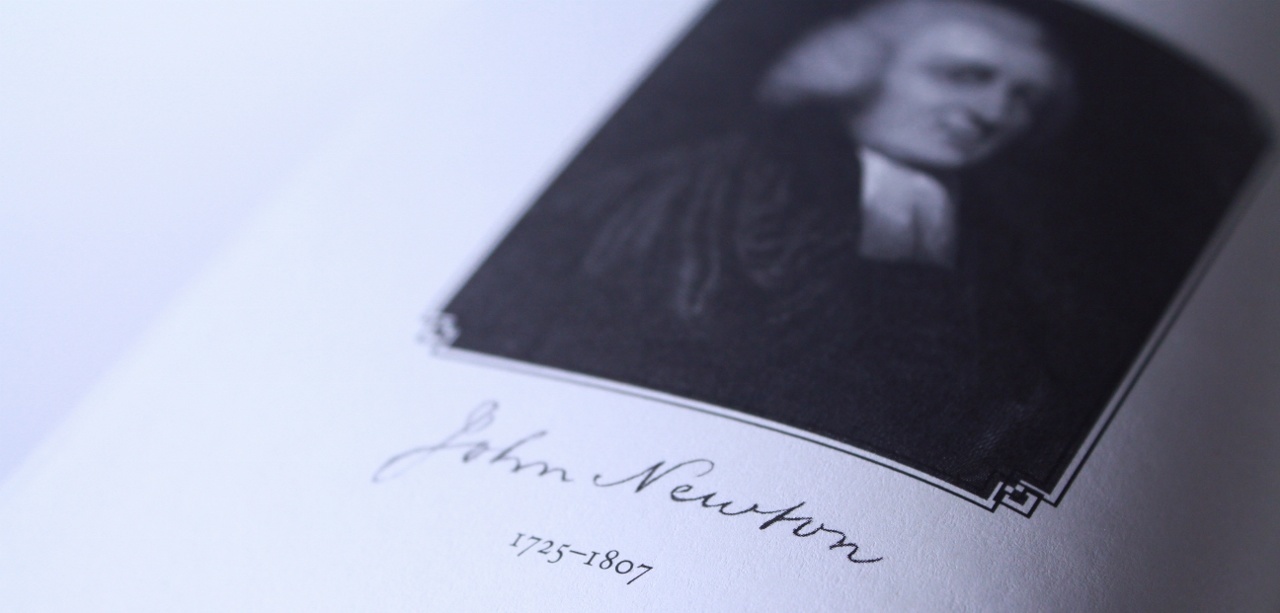

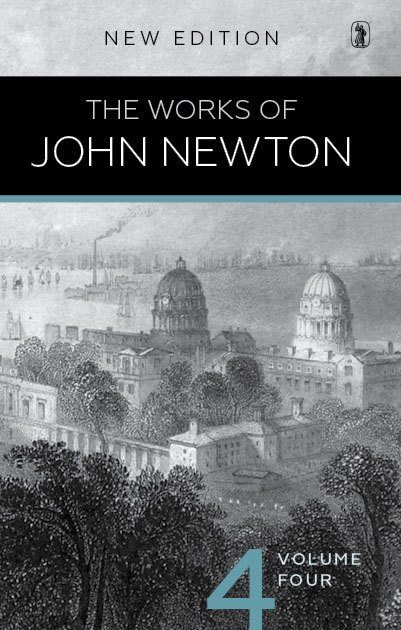

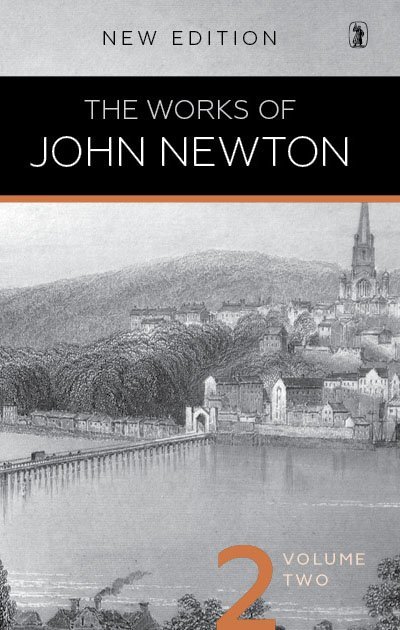
Testimonials
Submit your testimonial
There are no testimonials yet, would you like to submit yours?